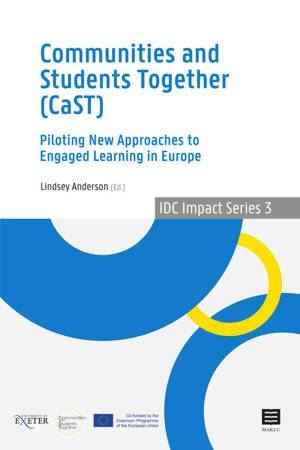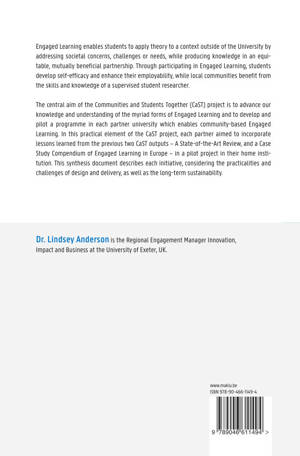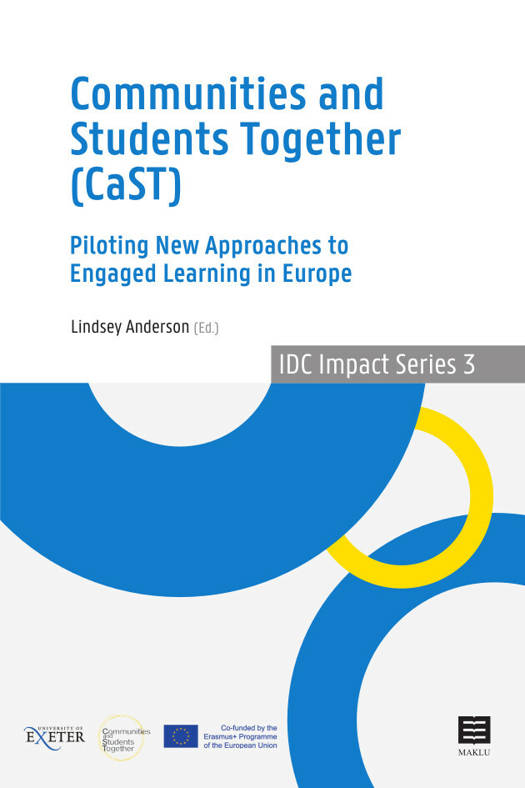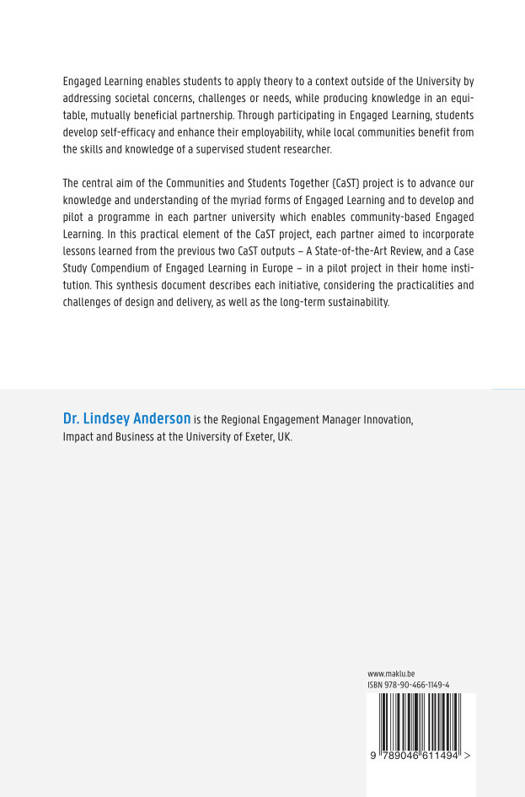
- Retrait gratuit dans votre magasin Club
- 7.000.000 titres dans notre catalogue
- Payer en toute sécurité
- Toujours un magasin près de chez vous
- Retrait gratuit dans votre magasin Club
- 7.000.000 titres dans notre catalogue
- Payer en toute sécurité
- Toujours un magasin près de chez vous


Communities and Students Together (CaST)
Piloting New Approaches to Engaged Learning in Europe
Lindsey AndersonDescription
Engaged Learning enables students to apply theory to a context outside of the University by addressing societal concerns, challenges or needs, while producing knowledge in an equitable, mutually beneficial partnership. Through participating in Engaged Learning, students develop self-efficacy and enhance their employability, while local communities benefit from the skills and knowledge of a supervised student researcher.<br/><br/>
The central aim of the Communities and Students Together (CaST) project is to advance our knowledge and understanding of the myriad forms of Engaged Learning and to develop and pilot a programme in each partner university which enables community-based Engaged Learning. In this practical element of the CaST project, each partner aimed to incorporate lessons learned from the previous two CaST outputs – A State-of-the-Art Review, and a Case Study Compendium of Engaged Learning in Europe – in a pilot project in their home institution. This synthesis document describes each initiative, considering the practicalities and challenges of design and delivery, as well as the long-term sustainability.<br/><br/>
Dr. Lindsey Anderson is the Regional Engagement Manager Innovation, Impact and Business at the University of Exeter, UK.
Spécifications
Parties prenantes
- Auteur(s) :
- Editeur:
Contenu
- Nombre de pages :
- 155
- Langue:
- Anglais
- Collection :
- Tome:
- n° 3
Caractéristiques
- EAN:
- 9789046611494
- Date de parution :
- 01-02-22
- Format:
- Livre broché
- Dimensions :
- 160 mm x 240 mm








